Colombian drinks offer a vast, unique and flavorful experience, highlighting the country’s rich culture and diverse geography. From popular beverages enjoyed daily to traditional drinks reserved for special occasions, there’s no shortage of flavors to explore here.
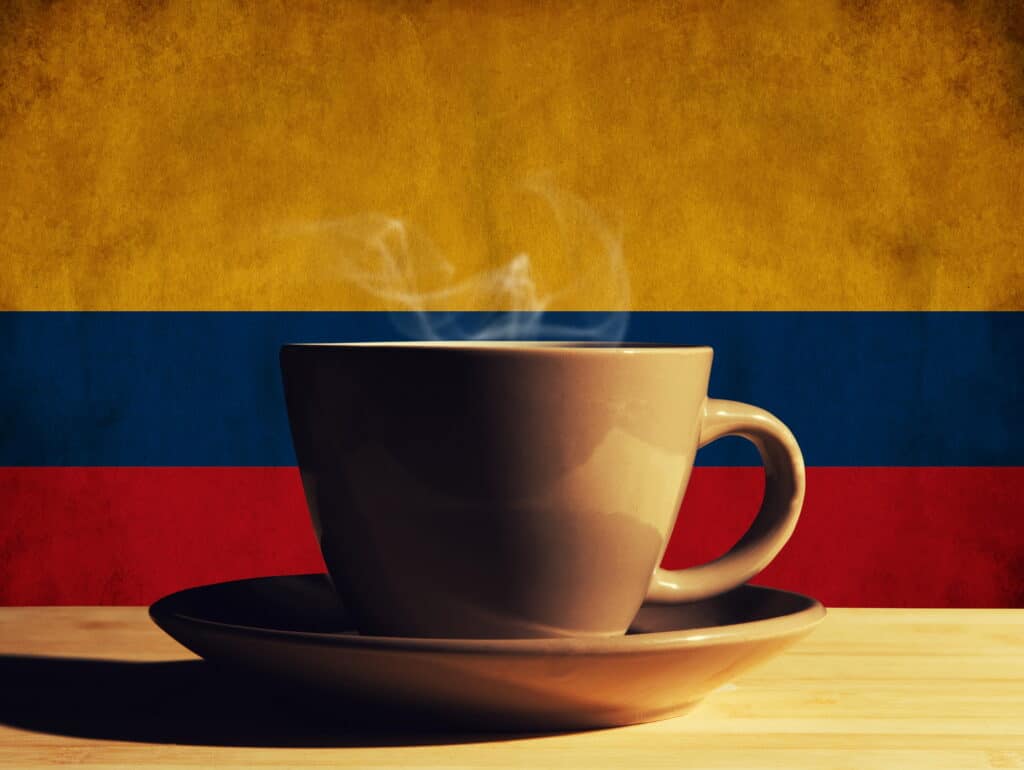
In this article, you’ll learn about eight special Colombian drinks and their distinct histories, flavors and preparation methods. Discover the ingredients and traditions behind each beverage, where to find them in Colombia and how to make them at home so you can sip like a local.
Popular Colombian alcoholic drinks
Alcohol dates back to the indigenous populations of Colombia and it was often used as a ceremonial tool during religious communions. Here are some traditional Colombian alcoholic beverages that are still popular today:
Aguardiente
Aguardiente is the national drink of Colombian cuisine. This anise-flavored spirit is popular at celebrations and gatherings. It is affordable and widely available, making it the entry point for most people looking for a Colombian cocktail.
“When my Colombian friends insisted that I try aguardiente, I was a bit tentative. But after chanting along with the toast ‘¡Arriba, abajo, al centro, pa’ dentro!’ — which loosely translates to: Up, down, to the center, inside — the anise-flavored shot slid down smoothly, and I was hooked.”
— Sage Scott, Everyday Wanderer
Chicha
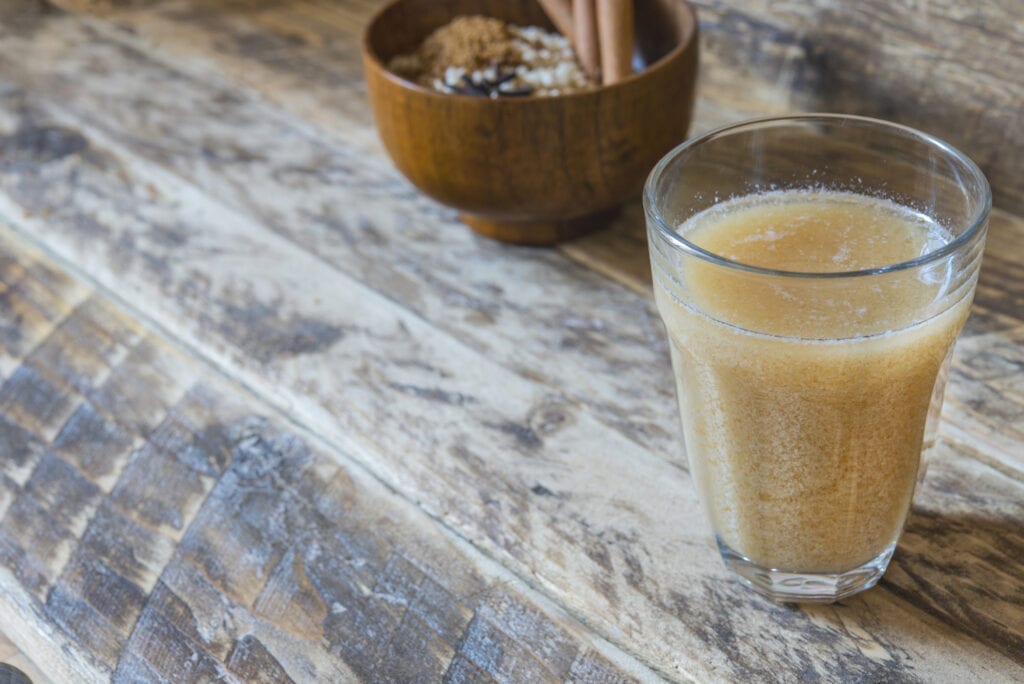
Chicha, a fermented corn beverage, has a unique flavor profile and a long history in Colombian culture. This drink is most similar to unfiltered beer with live yeast. Long brewed and fermented by local indigenous tribes, chicha is crafted using traditional recipes and can be found in different variations depending on the region.
“Chicha can vary from sweet and lightly fermented, like kombucha, to strong and alcoholic. Whether sipped casually to beat the heat or savored during cultural festivities, chicha serves as a flavorful symbol of Colombia’s culinary heritage.”
— Jessica Haggard, Primal Edge Health
FDL’S 75 Best Bites

Our cookbook with 75 tasty recipes will be your go-to kitchen companion for easy dinners with ad-free recipes right at your fingertips. Crafted by experienced chefs and recipe developers, this collection offers a treasure trove of tried-and-true dishes that make mealtime a breeze.
Get the Recipe: FDL’S 75 Best Bites
Canelazo
Canelazo is a warm, spiced drink often enjoyed in the Andean region of Colombia. This tasty concoction is made with “aguardiente,” “panela,” or unrefined cane sugar and “agua de canela,” or cinnamon water. It’s perfect for cozying up on a chilly evening or as a comforting beverage during festive occasions.
Famous colombian non-alcoholic drinks
The uniqueness of Colombian drinks is not limited to alcohol. Here are some of our favorite all-age beverages:
Coffee
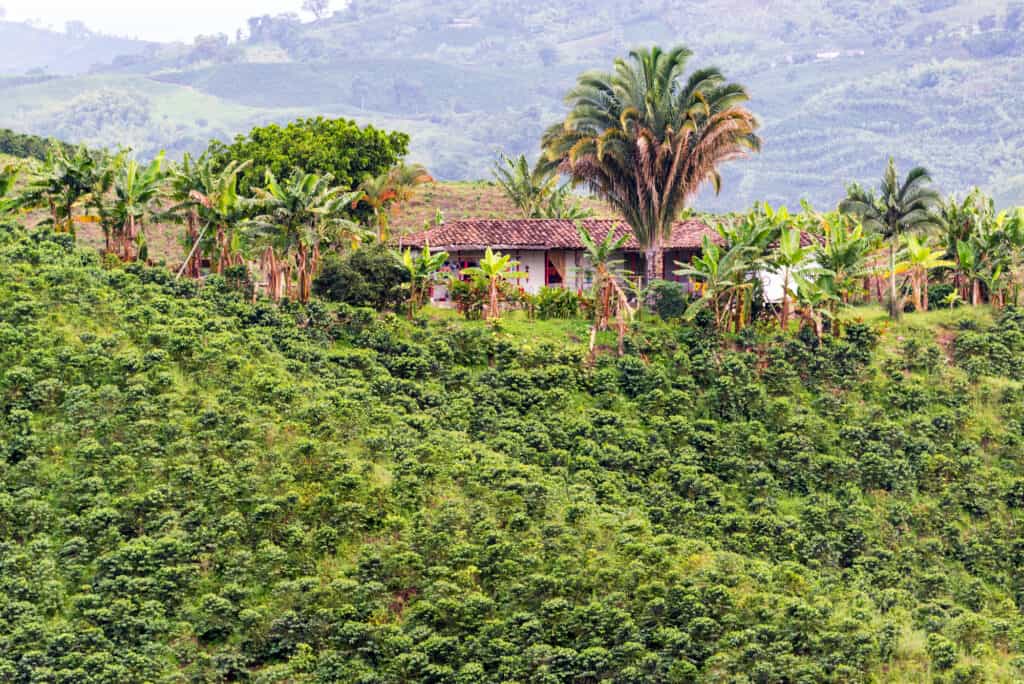
Colombia is renowned for its exceptional coffee. The country’s unique climate and fertile soil contribute to the rich, smooth flavor of its beans. It is considered to be a dark, well-balanced brew with a distinct aroma. Sadly enough, it used to be hard to find good Colombian coffee in the country itself, as most of the prime beans were slated for export. In the last 10 years, due to the rise of third-wave coffee culture, artisanal coffee houses have popped up across the country, and even the local coffee giants get to keep some of their good beans in-house.
Chocolate santaferenio
Experience the delicious warmth of chocolate santaferenio, a traditional hot chocolate drink from Bogotá. Perfect for chilly days, it’s typically served with cheese dunked in, creating a unique sweet and salty combination to savor.
Aguapanela
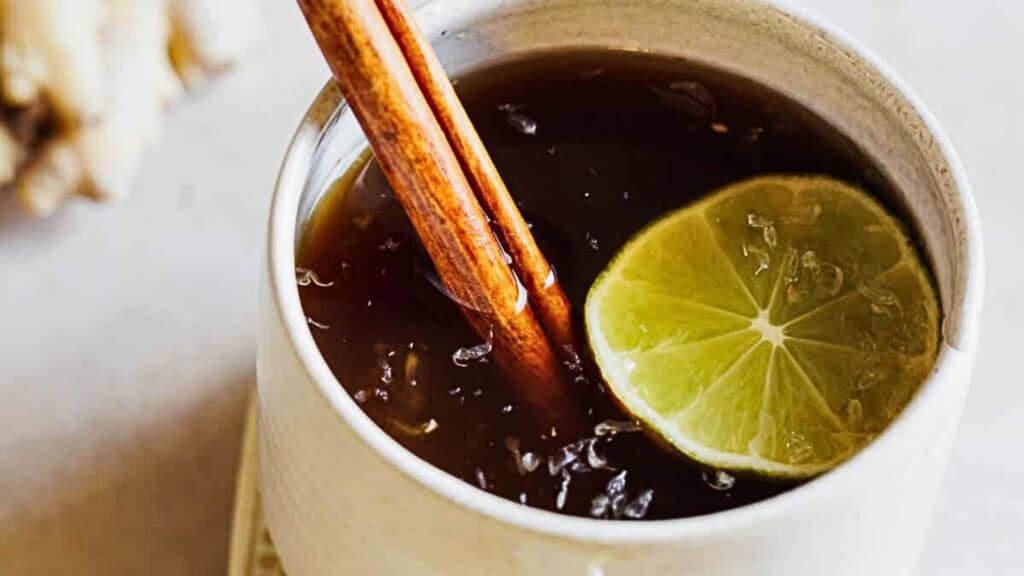
A popular thirst-quencher, aguapanela is made from water and unrefined cane sugar. It can be served hot or cold and is often accompanied by lemon or lime juice. Known for its refreshing taste, it’s a staple in Colombian households.
Avena
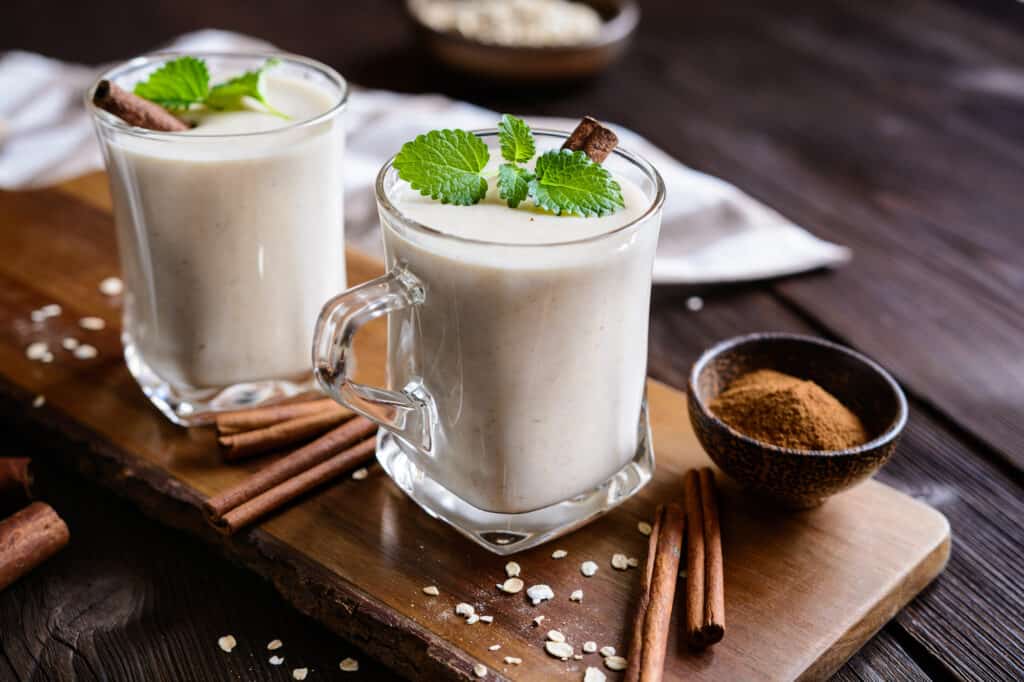
Avena, or oatmeal drink, is a creamy, filling beverage made from soaked overnight oats. Simmered in milk and water, the flavors are enhanced with a touch of cinnamon, cloves and sugar. Enjoy Avena any time of the day to quench your thirst or satisfy your cravings.
Lulada
Lastly, Lulada is a refreshing drink made from the native Colombian fruit, lulo. Blended with ice, sugar and water, this vibrant and tangy concoction is a perfect choice for a hot day or a summertime treat.
Making colombian drinks at home
To create a refreshing aguapanela, combine panela, water, grated ginger and a cinnamon stick in a saucepan. Bring to a simmer, and turn off immediately. Stir well and serve hot, or pour over ice with a squeeze of lemon.
Experience a creamy and filling avena Colombiana by simmering oats soaked overnight with milk, water, cinnamon, cloves and sugar. Once done, allow it to cool before enjoying it as a breakfast drink or snack.
For a taste of sour and fermented chicha, mix together corn, water and sugar. Allow the mixture to ferment for a few days, then strain and serve chilled.
Cultural significance of drinks in Colombia
In Colombia, drinks hold a special place in daily life and traditions. For example, drinking a black coffee with sugar, called “cafe Tinto,” represents a longstanding tradition and cultural symbol across the country. This coffee drink showcases the nation’s rich coffee beans with the penchant for sweets that Colombians favor.
Traditional drinks like canelazo and lulada offer insight into the country’s diverse climate and local ingredients. Canelazo is typically enjoyed warm, with cinnamon and lime in colder regions. Lulada is common around the Carribean coast, where it’s hot and humid.
As you explore Colombian drinks, take a moment to appreciate their cultural significance and enjoy the unique flavors preserved through generations. Through these beverages, you can better connect with Colombia’s rich heritage and vibrant customs.
Modern trends in Colombian beverages
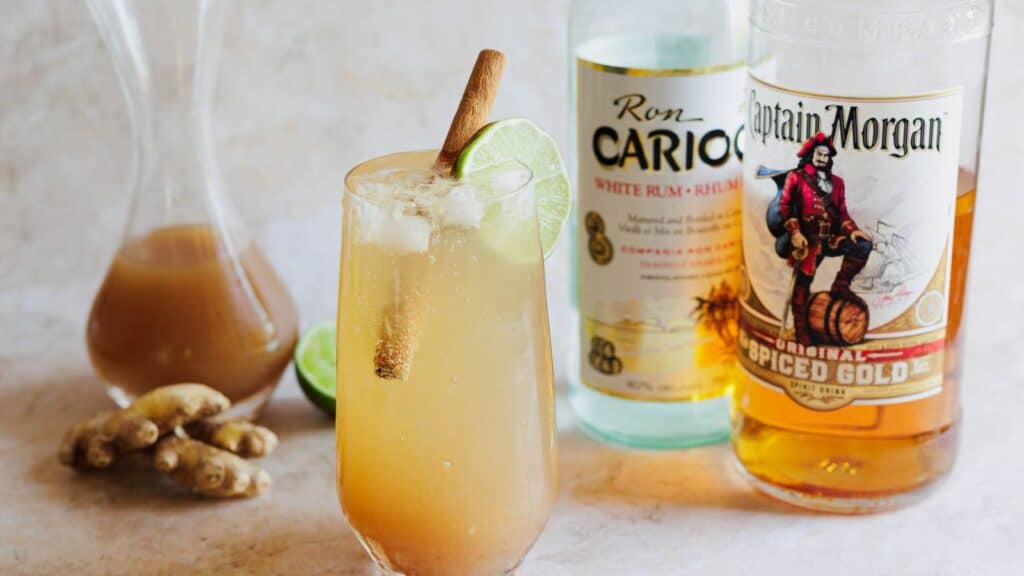
In recent years, traditional Colombian drinks have been rising in popularity. Many bars now offer craft cocktail takes on canelazo and have taken to inventive cocktails with aguardiente. Meanwhile, top restaurants and beverage companies have begun offering artisanal aguapanela sodas.
Chicha, which for years was mostly consumed by elderly men in specialty chicha houses, has seen a resurgence as people seek to reconnect with their cultural roots. Colombian rums have also become sought-after options for those wanting unique, locally-produced drinks.
Ksenia Prints is a food writer, blogger, photographer and recipe developer from Montreal, Canada. She blogs over At the Immigrant’s Table, a food blog showcasing healthy, beautiful international recipes for adventurous home cooks. She loves to highlight ethnic cuisines and immigrant cultures by working with chefs from relevant countries and adapting those recipes to gluten free, vegan, vegetarian, sugar-free and other dietary restrictions.